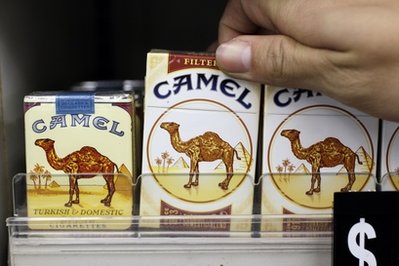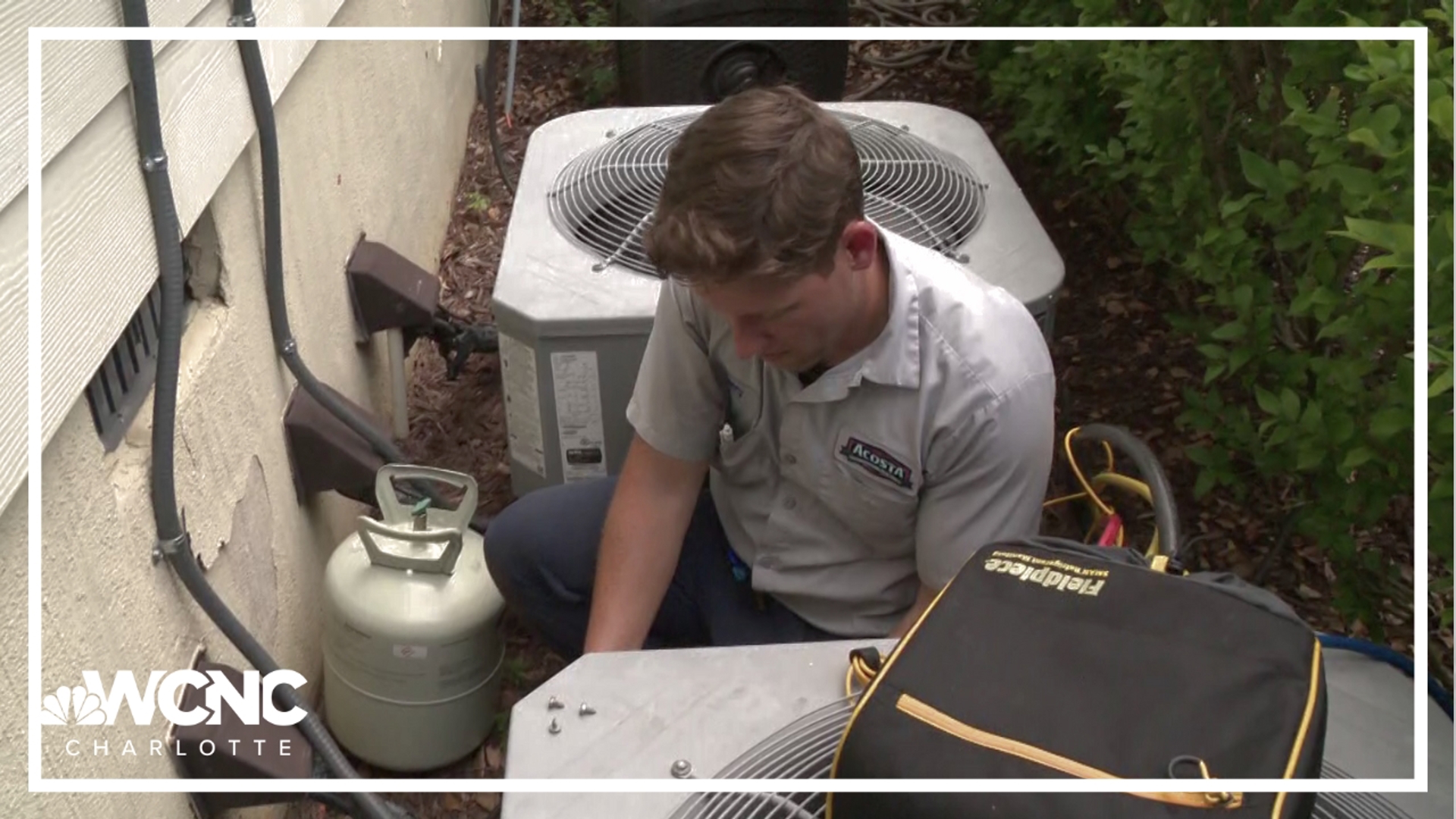RICHMOND, Va. (AP) -- Cigarette maker Reynolds American Inc. said Thursday its net income rose more than 43 percent in the fourth quarter on higher prices and lower costs, even though it sold fewer cigarettes.
The nation's second-biggest tobacco company and maker of Camel, Pall Mall and Natural American Spirit brand cigarettes reported net income of $309 million, or 53 cents per share, for the period ended Dec. 31. That's up from $215 million, or 37 cents per share, a year ago.
Excluding one-time items, it earned 60 cents per share. Analysts surveyed by FactSet expected 59 cents. Analysts normally take out one-time items.
Reynolds American said the adjusted results removed charges related to plant closings and the expansion of its sales force to support both its cigarette business and its American Snuff subsidiary, which makes smokeless tobacco products. It also wrote down the value of one of its smokeless tobacco trademarks.
Revenue excluding excise taxes fell less than 1 percent to $2.08 billion. Wall Street expected for $2.15 billion.
Its shares fell 55 cents, or 1.7 percent, to $31.87 in morning trading Thursday.
Reynolds American continued to generate profitable growth despite ongoing weakness in consumer spending and continued competitive activity, CEO Susan M. Ivey, who will retire Feb. 28, said in a conference call with investors.
The company also forecast its 2011 full-year earnings will be in the range of $2.60 to $2.70 per share.
The number of cigarettes the Winston-Salem, N.C., company sold fell 5.1 percent to 19 billion cigarettes during the quarter, compared with its estimate of a 4.7 percent decline for the whole industry. The company's share of the U.S. market fell 0.2 points to 28.3 percent.
Reynolds American sold 19 percent more of its Pall Mall cigarettes during the quarter as the company continues to promote the brand as a longer-lasting and more affordable cigarette as smokers weather the weak economy and high unemployment. Reynolds' share of the U.S. market grew 2.3 points to 8.3 percent in the quarter.
It sold 8.5 percent more Camel cigarettes during the period, while the brand's U.S. market share grew 0.6 points to 8 percent.
Reynolds American and other tobacco companies are also focusing on cigarette alternatives such as snuff and chewing tobacco for future sales growth as tax increases, smoking bans, health concerns and social stigma make the cigarette business tougher.
Reynolds American said it sold 8.2 percent more of its Kodiak and Grizzly smokeless tobacco products in the fourth quarter. Its smokeless market share grew 0.5 points to 29.9 percent of the U.S. market despite increased competitive activity.
The company also pushing its Camel brand into smokeless tobacco: dissolvable, finely milled tobacco shaped into orbs, sticks and strips, will be introduced into two new markets in March, and snus, small pouches like tea bags that users stick between the cheek and gum, which are available nationwide.
For the full year, Reynolds American said its net income rose more than 15 percent to $1.1 billion, or $1.90 per share, compared with $962 million, or $1.65 per share, in the previous year. Net revenue excluding excise taxes grew 1.6 percent to $8.55 billion.
Reynolds American's larger competitor, Altria Group Inc., parent company of Marlboro maker Philip Morris USA, said last week that raising prices and cutting costs helped its fourth-quarter net income climb nearly 27 percent. The number of cigarettes it shipped fell 7 percent.


